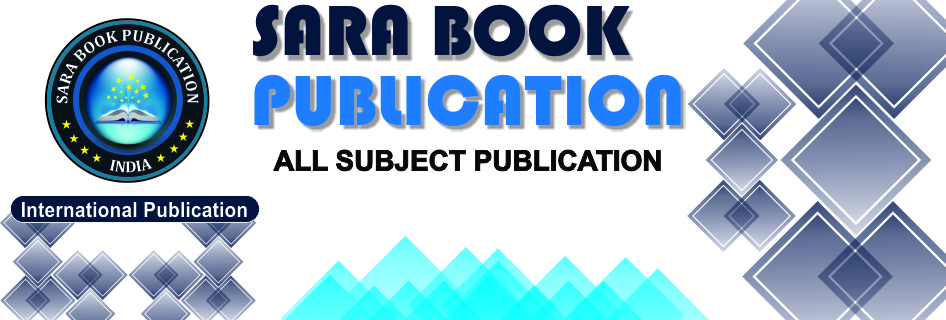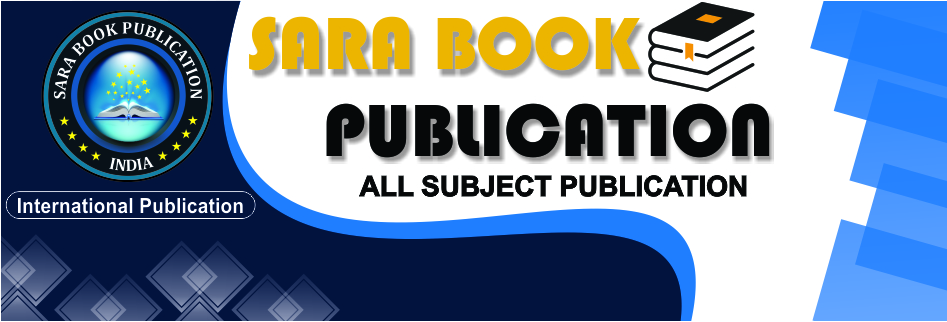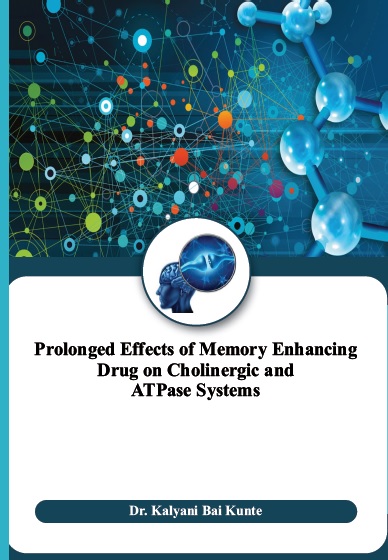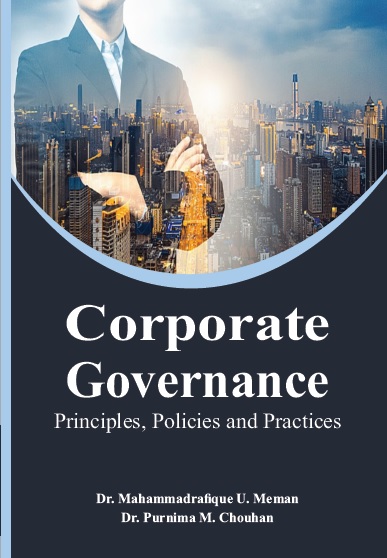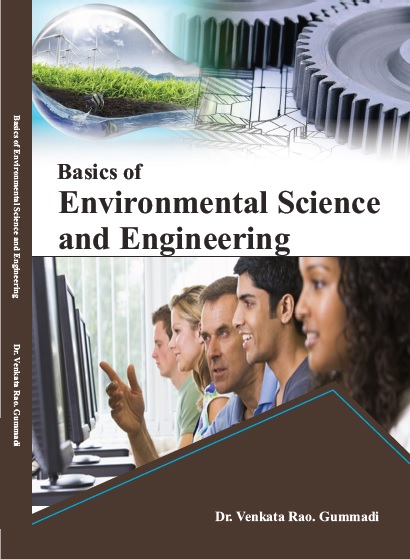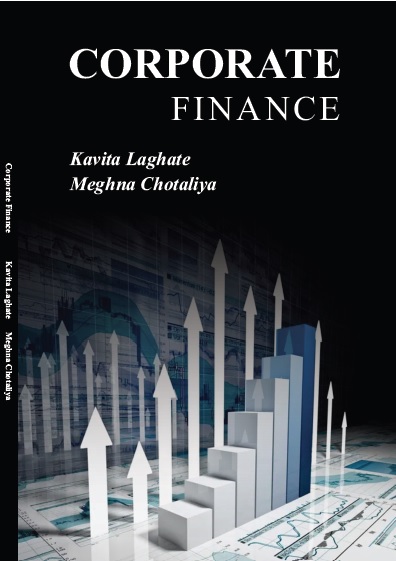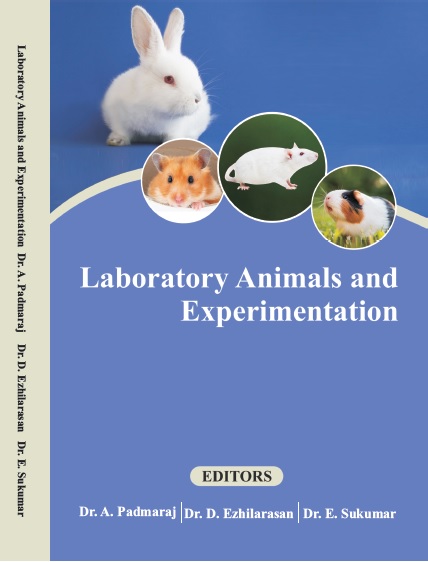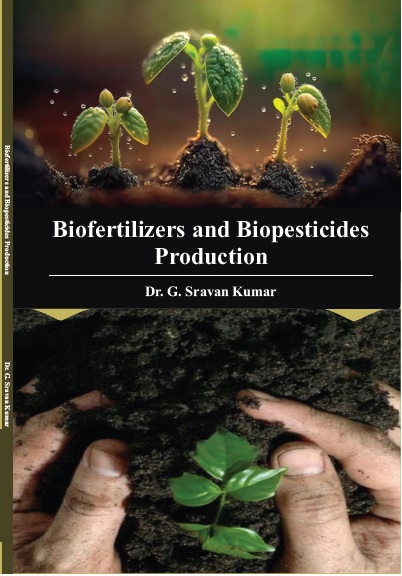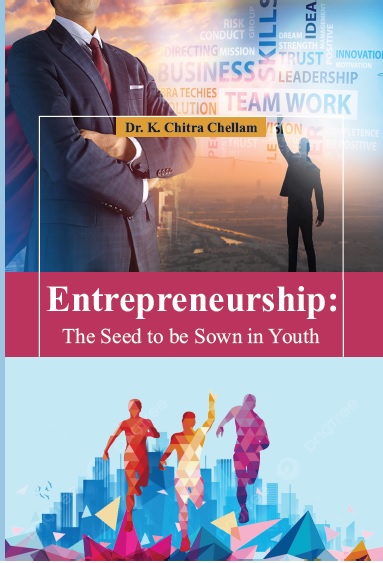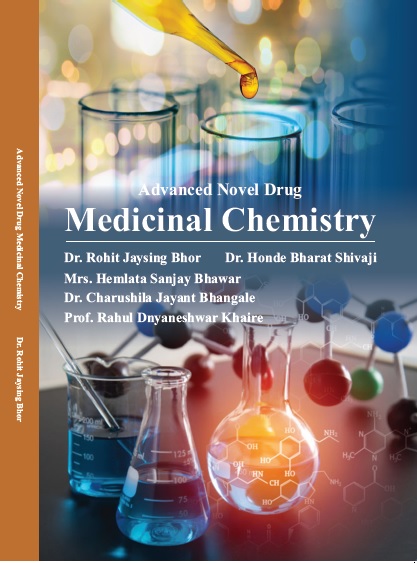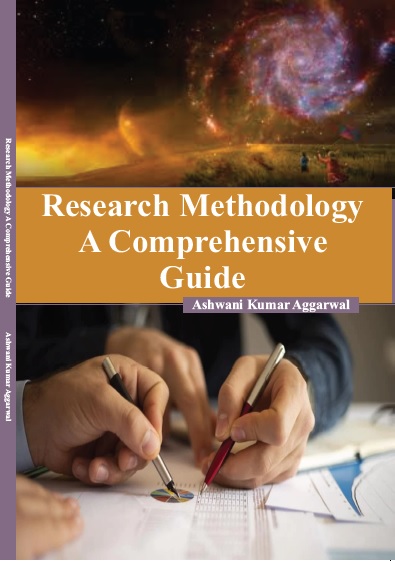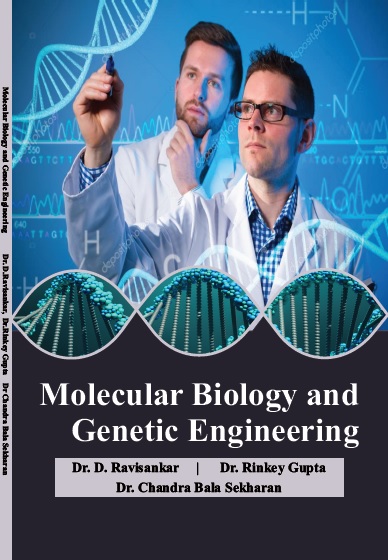SOCIAL SCIENCE AND HUMANITIES
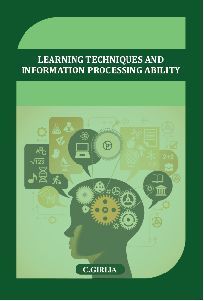
Learning Techniques And Information Processing Ability
by C.GIRIJA
ISBN Number : 978- 1-63040- 338-6
Authors Details
| Author Name | Image | About Author |
|---|---|---|
| C.GIRIJA | 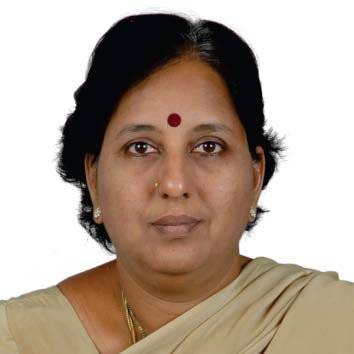 |
The author of this book Dr. C.Girija M.Sc, M.phiL, M.Ed, Ph.D (Educational Psychology) currently a Post Doctoral fellow in the Department of Management Studies , Indian Institute of technology ,Madras started her teaching profession in the year 1981 as Assistant professor of Chemistry in a pvt and Govt college of Arts and Science . There after shifted to School education and worked as P.G.T. Chemistry in a C.B.S.E. schools for more than 15 years, completed her Doctorate degree in educational Psychology in the year 2010. She also has the experience of teaching Chemistry to Engineering students as well as Methodology of teaching Chemistry to B.Ed students, Research Methodology, and Statistics , Teacher Education, Economics of Education to M.Ed and M.phiL students. She has published several papers in the International journals since 2007. |
Book Description
Learning Techniques are referred as mind tools an individual uses to simplify the complex learning process similar to simple machines making physical task simpler. It is a well–known fact that different people learn in different ways. Some students find that learning in a classroom is a lot harder than for others. Learning techniques could make a big difference to individuals learning because the notes one creates suit individuals learning style. Learning techniques at the conscious level to enhance the information processing ability as the process of learning are concerned with how we learn rather than what we learn. Learning techniques implemented in the present study promotes the components of thinking skills for eg, In the first component namely ; information processing skill, the learners are trained to use techniques such as attribute listing, metaphorical thinking, synectics and journey method. Second component of thinking skill involves learning techniques namely lateral thinking and ideatoons. The third component involves techniques such as brain storming and mind mapping. The fourth component involves lateral thinking and visual imagery. Carol Mc Guiness (1999) suggested that by integrating effective learning techniques in teaching– learning process, one could aim for the desired goal.



